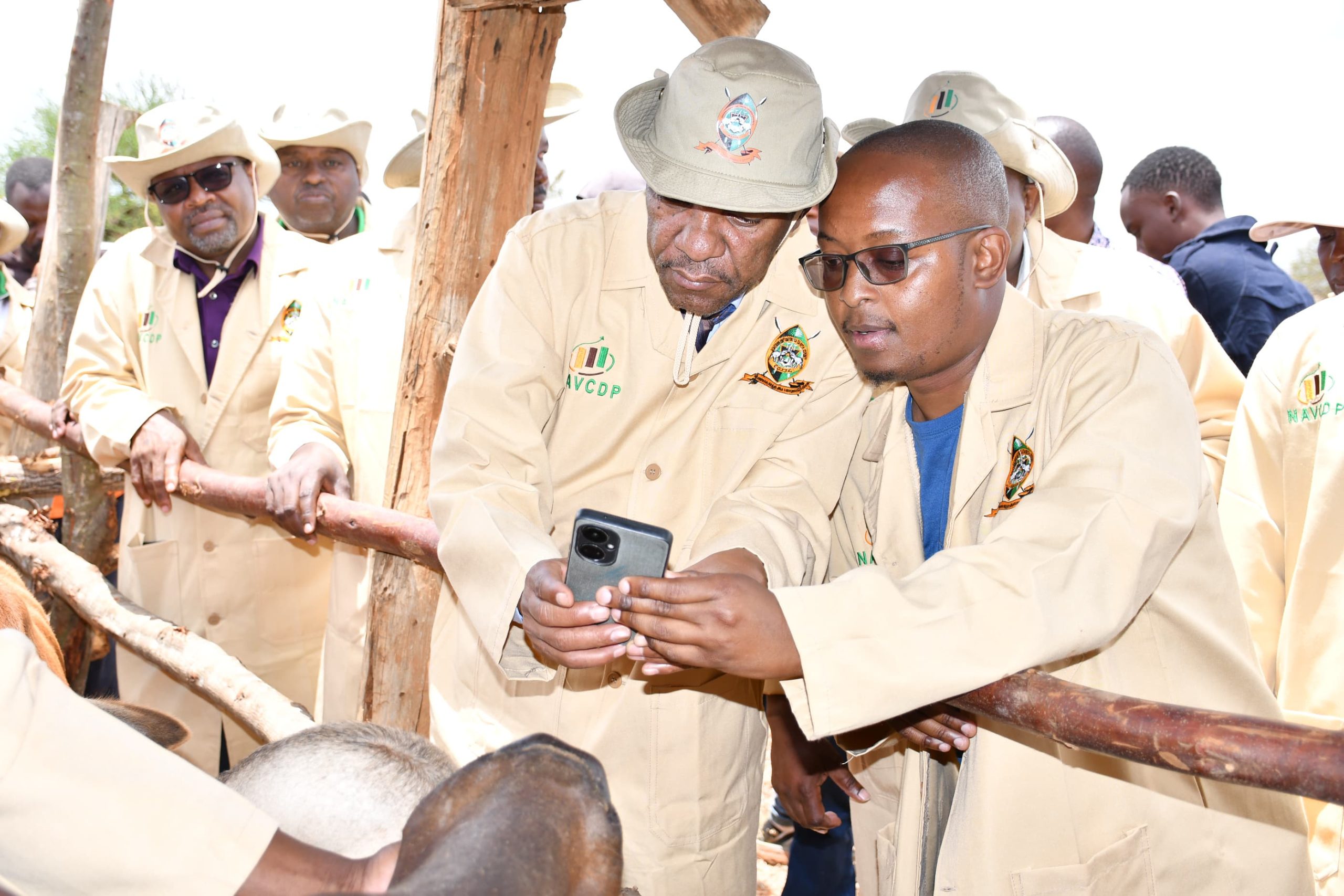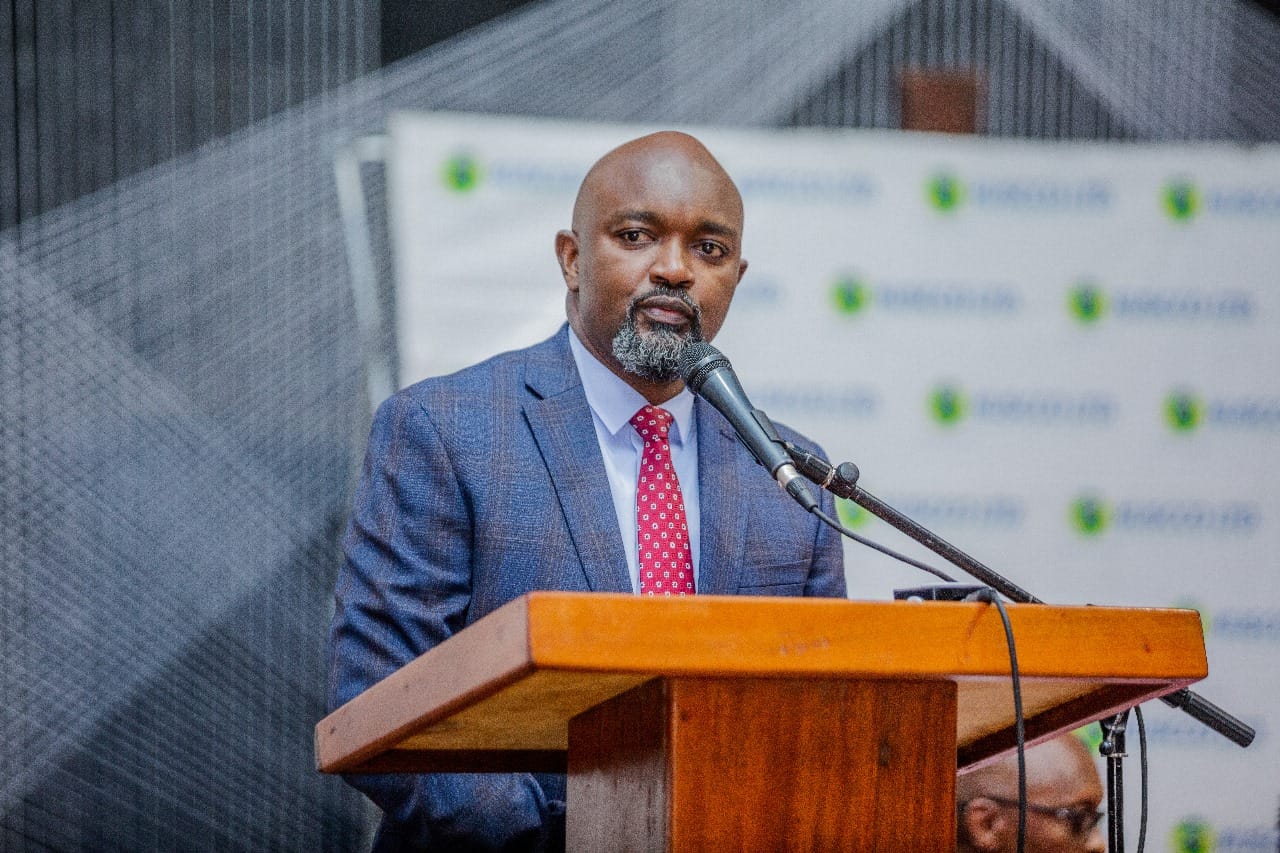Savings and Credit Cooperative Organizations (SACCOs) have been advised to adopt sustainable reporting as part of efforts to strengthen climate risk management, improve transparency, and enhance customer confidence.
Speaking during the opening of one week forum on audit, governance, and risk management for cooperatives at Voi yesterday, the Cooperative Alliance of Kenya (CAK) Chief Executive Officer Daniel Marube said sustainable reporting is increasingly becoming a market requirement.
“Cooperative societies, mainly SACCOs, are not in isolation. They compete with commercial banks in the deposit-taking business. Financial cooperatives must therefore widen their approach by addressing emerging issues, such as the growing youth population,” Marube said
He added that to have a successfully mobilized Kenyans into cooperatives and boosted financial inclusion through savings, SACCOs must align their strategies with emerging global challenges, including climate change.
According to Marube, adopting sustainable reporting will not only open new business avenues but also improve the value of products offered by SACCOs.
ALSO READ:
Over 51,000 Kirinyaga, Embu tea farmers to benefit from sustainable agriculture training
“Young people below 20 years make up close to 70 percent of Kenya’s population. Sustainable reporting will provide viable options to address the needs of this generation,” he said.
He noted that commercial banks and listed companies have already embraced sustainability reporting, using it to demonstrate how they are tackling climate change while tapping into the potential of a youthful population.
Marube added that sustainable reporting could also curb malpractice among boards of management that fail to uphold effective governance and supervision.
Boards of SACCOs, he observed, continue to face challenges such as weak capacity, inadequate monitoring, poor alignment with business strategy, and inconsistent compliance practices.
Governance expert Zack Omukalla also echoed Marube’s sentiments; further emphasising that sustainable reporting would help SACCOs meet both local and international standards while strengthening the capacity of their leadership.
“Kenyan cooperatives are among the best in the world. If they adopt practical reporting frameworks, they will achieve impressive business outcomes. Sustainability reporting integrates issues like climate change and enhances the confidence of farmers and depositors,” Omukalla said.
ALSO READ:
CS Kagwe bags deals, partnerships to boost Kenya’s agricultural exports, farmer financing
He added that sustainability reports should be embedded within overall business plans, with a focus on risk management, audit and supervisory structures, environmental consciousness, and workforce quality.
Nelly Okendo, a director at Apstar Sacco, noted that sustainable reporting improves transparency and supports the execution of strategic business plans.
“Audit and supervisory committees in deposit-taking SACCOs, if well supported, can effectively address emerging challenges. CAK should step up its campaign on sustainable reporting,” Okendo said.
Kenya’s cooperative movement remains a key driver of socio-economic development, pooling resources from members and redistributing them across multiple sectors of the economy. With the adoption of the sustainable reporting, many will act as the institution for personal growth and development.
By Juma Ndigo
Get more stories from our website: Sacco Review.
For comments and clarifications, write to: Saccoreview@
Kindly follow us via our social media pages on Facebook: Sacco Review Newspaper for timely updates
Stay ahead of the pack! Grab the latest Sacco Review newspaper!



